So use case is as follows - there're some parameter, based on which I want to select data from one table or another.
create table dbo.TEST1 (id int primary key, name nvarchar(128))
create table dbo.TEST2 (id int primary key, name nvarchar(128))
So I've created function like this:
create function [dbo].[f_TEST]
(
@test bit
)
returns table
as
return (
select id, name from TEST1 where @test = 1
union all
select id, name from TEST2 where @test = 0
)
When I run it with constant, the execution plan is great - only one table is scanned
select * from dbo.f_TEST(1)
But, then, when I use variable, plan is not that good - both tables are scanned
declare @test bit = 1
select * from dbo.f_TEST(@test)
So are there any hints (or tricks) to force SQL Server to understand that in a certain query only one table should be scanned?



